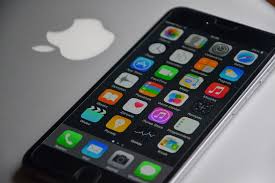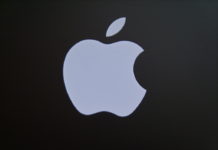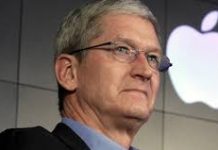 iPhones hit the market some 12 years ago and have since spread to the pockets, hands, and lifestyles of nearly half of all Americans in the decade-plus that has followed. Even though virtually everyone – in a figurative sense – owns an iPhone, a device that sometimes costs upwards of 1,000 United States Dollars, most people that own them typically don’t own other luxury items like designer clothes, purses and handbags, cars, or homes.
iPhones hit the market some 12 years ago and have since spread to the pockets, hands, and lifestyles of nearly half of all Americans in the decade-plus that has followed. Even though virtually everyone – in a figurative sense – owns an iPhone, a device that sometimes costs upwards of 1,000 United States Dollars, most people that own them typically don’t own other luxury items like designer clothes, purses and handbags, cars, or homes.
Brand-new research hailing from the world-renowned University of Chicago has found that the go-to method of determining whether a fellow United States resident or citizen is wealthy or not is by finding out if they own an iPhone. Although logic suggests that tons of Americans own iPhones – or at least use them, whether they actually own them or not – payment plans, leases, and buying the famed, obviously-esteemed Apple mobile devices greatly increase the affordability of the high-tech pieces of handheld machinery.
According to those researchers, led by economists Emir Kamenica and Marianne Bertrand and published in the National Bureau of Economic Research, some 69 percent of guesses in relation to someone’s apparent wealth is right when people guess primarily with the presence of an iPhone in mind.
iPhones don’t mean everything – especially when you consider past indicators of wealth and high incomes
Just 14 years ago, in 2004, people who had Kikkoman-brand soy sauce or Land O’ Lakes butter in their homes were perceived to be rich; in other words, people could somewhat reliably determine whether someone or some household was wealthy or not based on nothing more than the presence of Land O’ Lakes butter or Kikkoman soy sauce. Further, a 1992 study conducted in similar fashion to the aforementioned 2018 study out of the University of Chicago found that people in the United States relied on the presence of Grey Poupon-brand mustard in someone’s home, apartment, or living space to determine if they were wealthy more often than any other possession.
The handheld Apple devices aren’t the only thing people can use to determine someone’s wealth or not
People who own iPads are commonly perceived as being higher-income and -wealth than their non-Apple-device-owning counterparts. Americans used iPhones and iPads in determining someone’s wealth equally as often as the other – both of them registered 69-percent correctness in guessing whether someone was wealthy or not.





